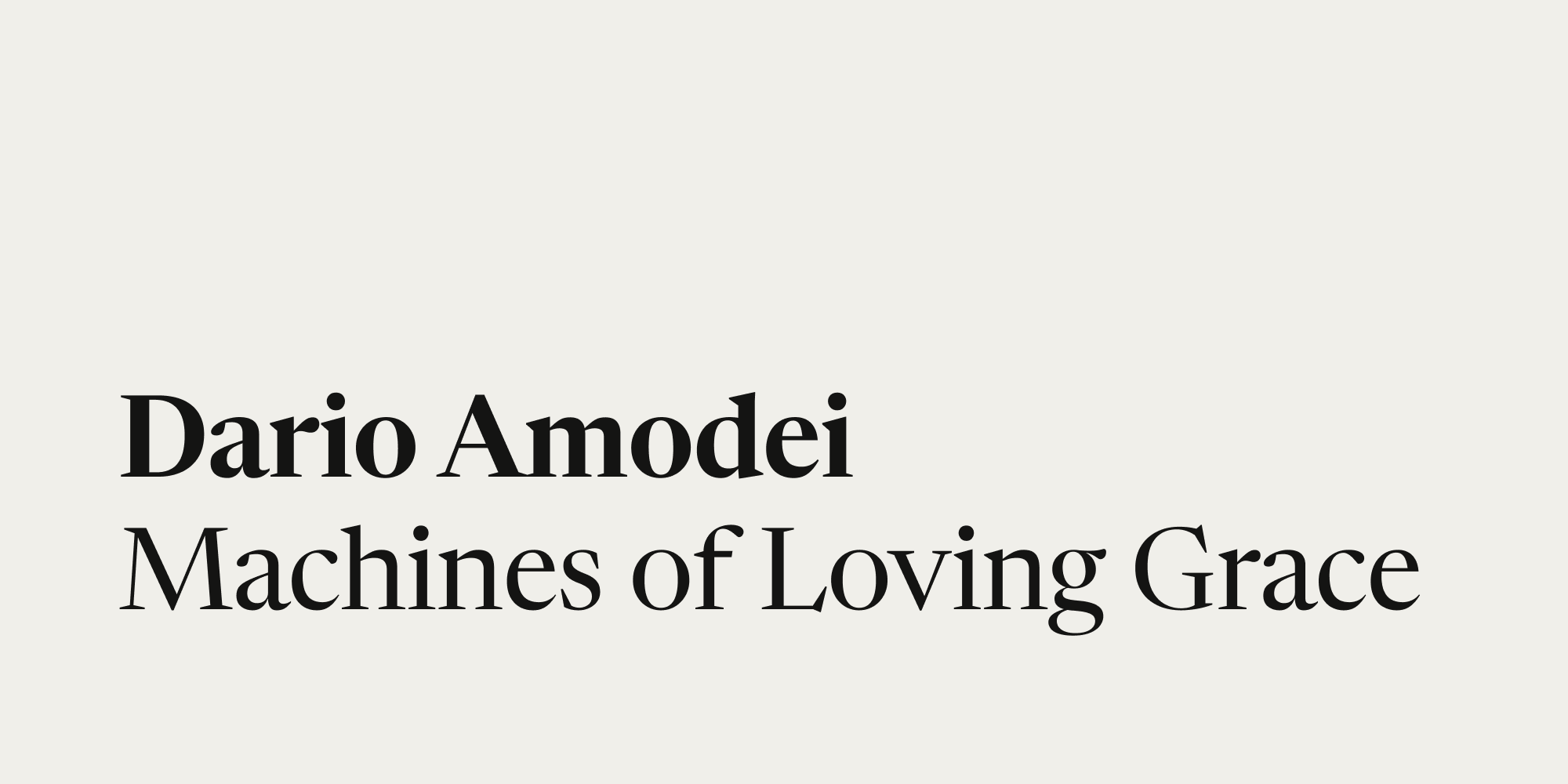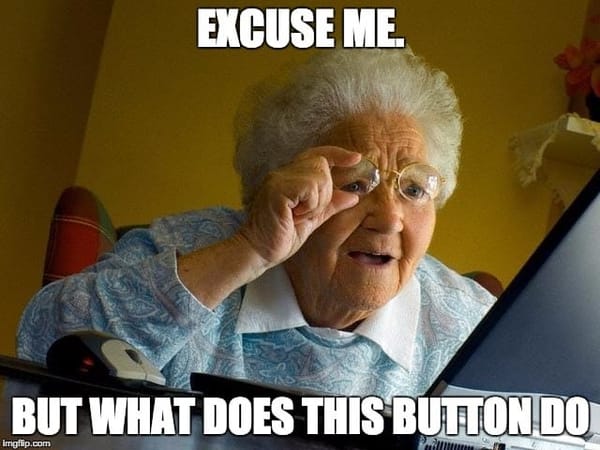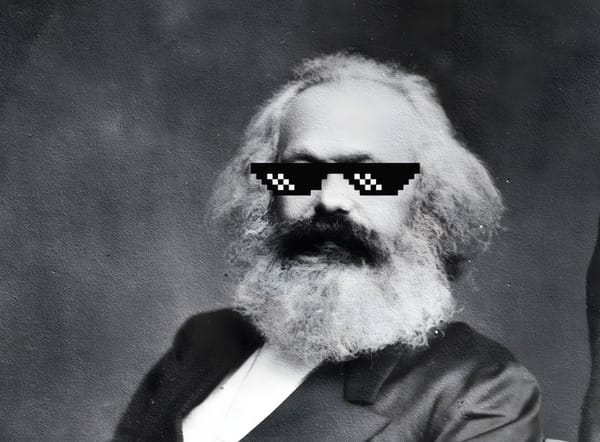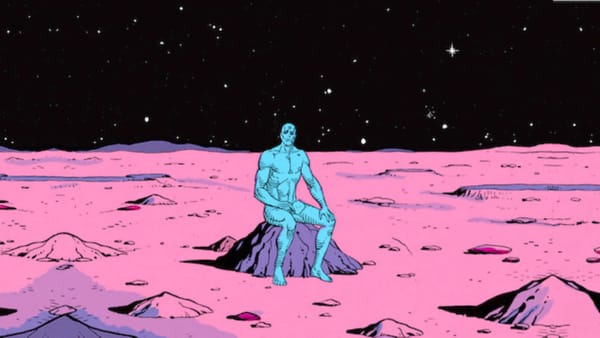Children of When

Alfonso Cuarón's 2006 film Children of Men is one of my all-time favorite pieces of art, film or otherwise. Seeing it in the theater while in college, fully whacked out of my gourd on what I can imagine must have been three to four bong rips and one-third of a thirty-rack of Natural Ice, I was immediately drawn to the idea of mass market action filmmaking with a direct and obvious message that anyone could glean from watching the film, regardless of their state of mind. In this case, the message being that extremism on either side of the political spectrum is very uncool, but attempting to play the middle is even less cool and will inevitably lead to your unwitting confrontation with one end of the extreme spectrum or the other, and also likely leave you cold and bleeding out from a gunshot wound in a dingy rowboat somewhere off the coast of the United Kingdom.
I rewatched Children of Men this past week to re-evaluate how Cuarón portrays a fascist kleptocratic gerontocracy obsessed with population control, given that we all might be living in a fascist kleptocratic gerontocracy obsessed with population control soon. As it was eighteen years ago, it's still a scary prospect. The portrayals of migrants in cages and concentration camps were meant to be emblematic of the Bush / Guantanamo Bay torture era of the time and, at that time, the portrayal felt salient and realistic for that time - a portent of things to come if we did not get our act together as a society and solve climate change, end nuclear proliferation, and fuck like orgiastic bunnies on ecstasy at a key party to end declining birth rates in the developed world globally.
While watching, I tried to put myself back in the mindset I would have had back then: with a sense that young people would win the day, someday soon, and that we only needed to wait out the clock for all the miserly old Scrooge McDucks at the top of the political and economic systems to sigh a final death rattle in their pits of money as we youngs ripped the golden bong of progressive prosperity, blowing it in their faces and laughing as they left this mortal coil.
Well, as it turns out, most of those people still haven't died, and since 2008, they have only entrenched their hold on our society further. The me of today should feel a lot like the me of yesterday. Maybe it’s jadedness, perhaps it’s apathy, or maybe it’s just aging and a pull towards that comfy-looking ambivalent centrism, but I don’t feel the same today as I did then, even though I’m positive I would feel the same way now in the world as it stands today if who I was was still who I am now.
But something is also missing culturally now.
The monoculture still existed then, and bands like Rage Against the Machine and System of a Down captured the collective mindset calling for revolution against the neoliberal order on both sides of the political spectrum, even as they themselves were virulent leftists. It was art, but it was provocative art, not unlike Children of Men. It taught you something profound while entertaining you.
Now, there is no monoculture. There is no massively appealing provocative art because provocative art is no longer considered provocative by its intended audience. If such artistic provocation is made at all, it's often considered offensive by someone, everyone, or by a suppressive algorithm that prevents it from being seen by anyone at all.
And therein lies the problem. So many people have spent so much time and energy angry at idealistic artistic cultural "provocations" interpreted instead as outright and hostile aggression that instead of more Children of Men and politically influential music, we get a box office that looks like this (see below) with the lone piece of popular culture that could be considered provocative probably being Alex Garland's Civil War, which is intentionally apolitical sitting at #26 at the Box Office and Shaboozey living at 30 weeks atop the Billboard Hot 100.
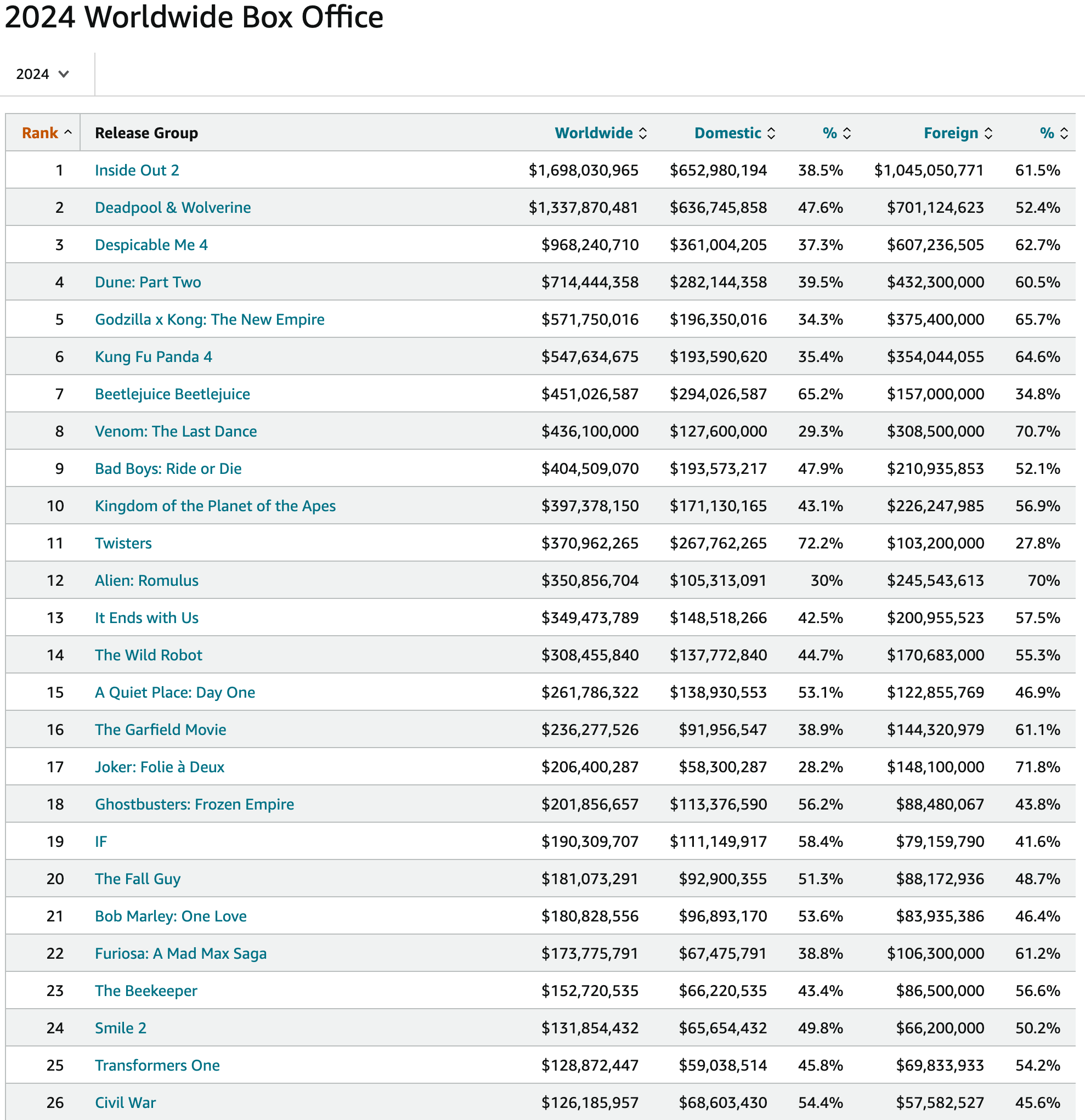
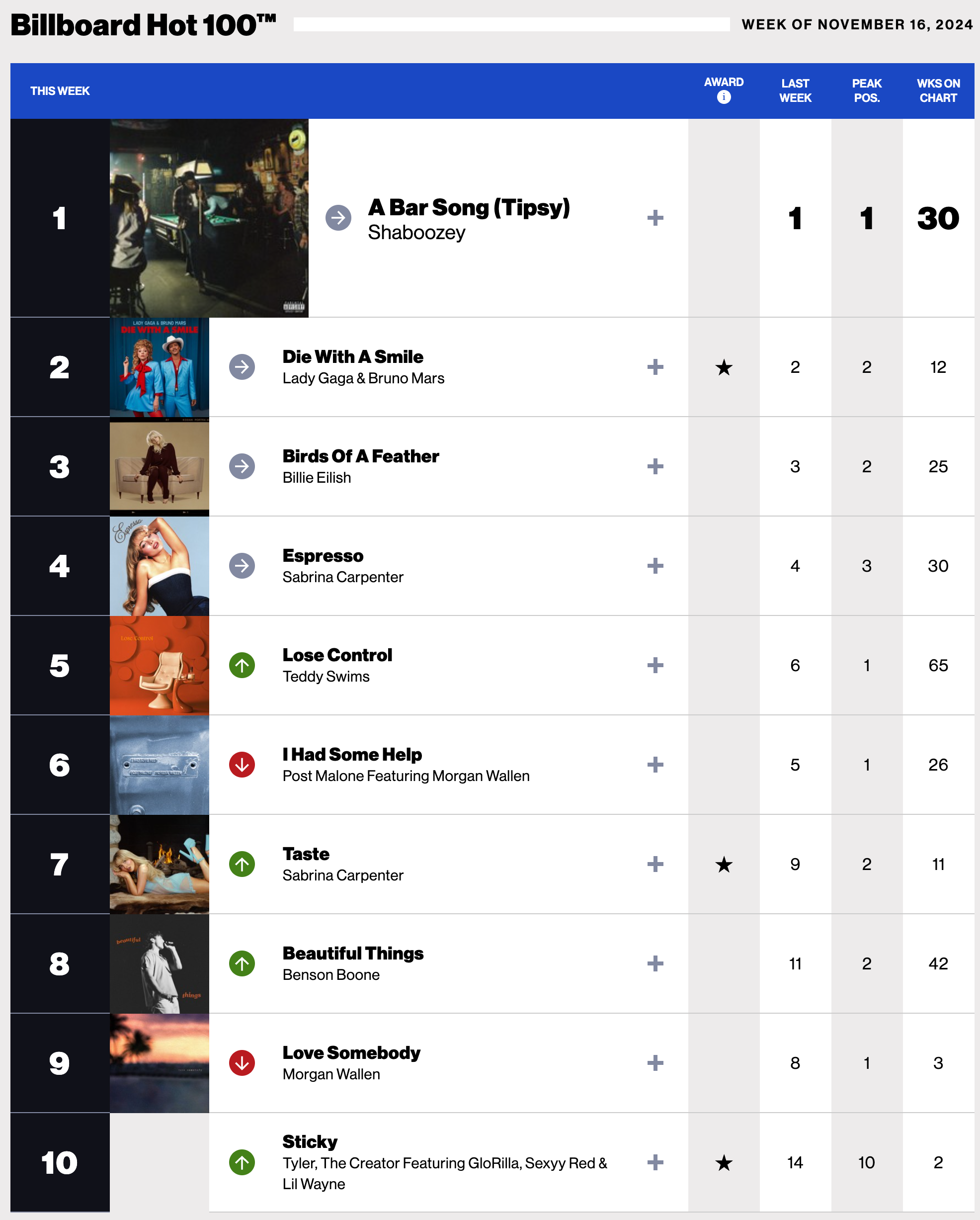
The takeaway from Children of Men is not whether or not it's still relevant and prescient because it is very much both. Instead, the takeaway is that the feeling we would have gotten watching it then is the same feeling we should get when watching it now, even though it is applied to different yet analogous socio-economic and geopolitical circumstances. The world was ending then. The world is ending now. The world always seems like it is ending for the people living at the edge on the boundary of linear time. The difference between now and then is that if Children of Men were made now, its cultural imprint would not only be lessened without a supporting cast of artistic provocateurs to support its ideas and message on the broader cultural scale, but in reality it probably would not get made at all.
We need to take it upon ourselves to change this. Elevating thought-provoking ideas through film, music, writing, and art generally is all of our jobs. Make it yourself, seek it out, and share it with your friends, networks, and acquantances. Pay for it. Lest a future come to pass where Shaboozey will be the new National Anthem and period-tracking apps report to an as yet unfounded government agency that you are ovulating so you can report to the breeding camps.
🎧 Free Your Earballs
No time for descriptions this week. Just listen up!
The Marias - Submarine
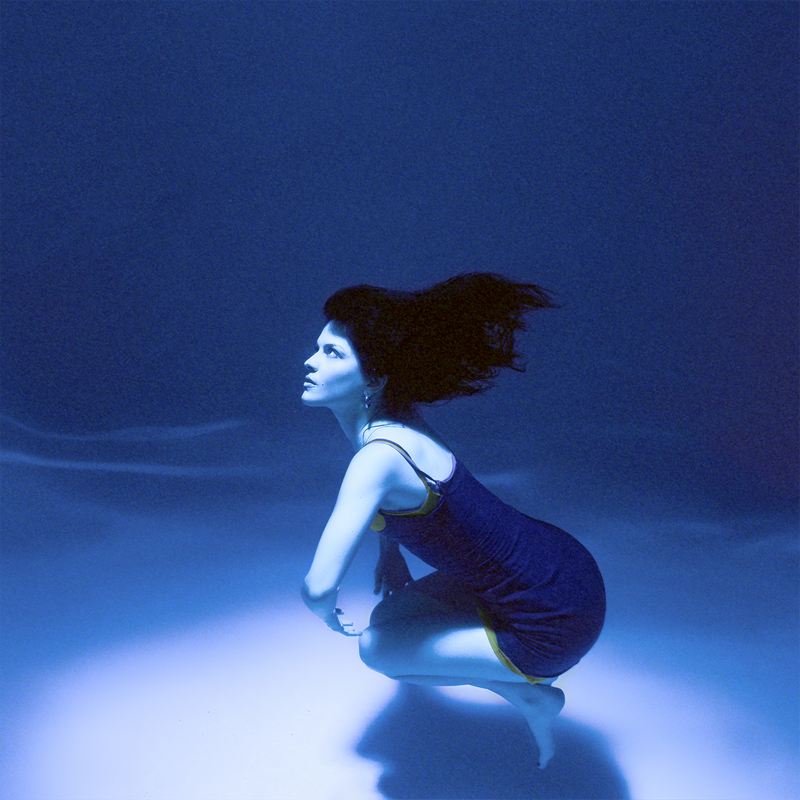
20 Years of Shogun Audio
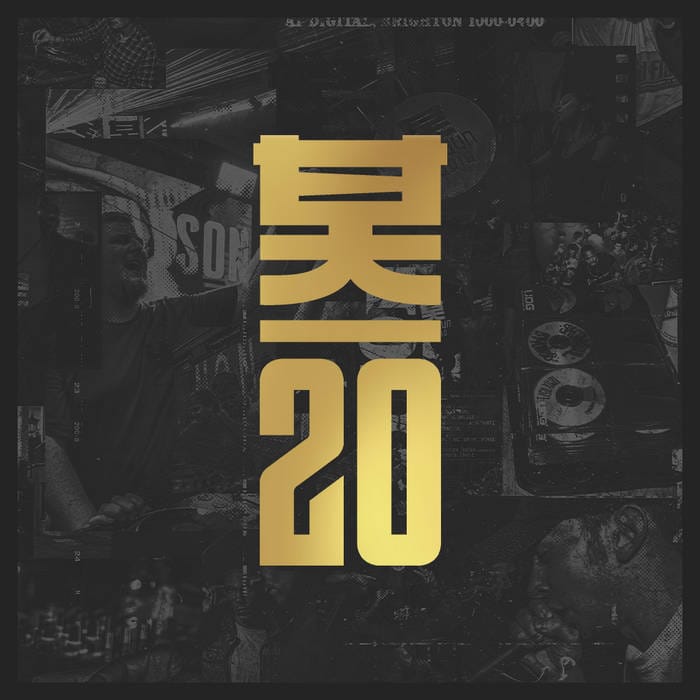
Carlita - Sentimental

Pilo - G.L.A.M.

⛳️ Hit The Links

